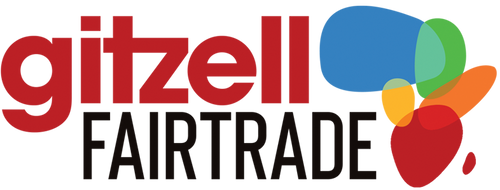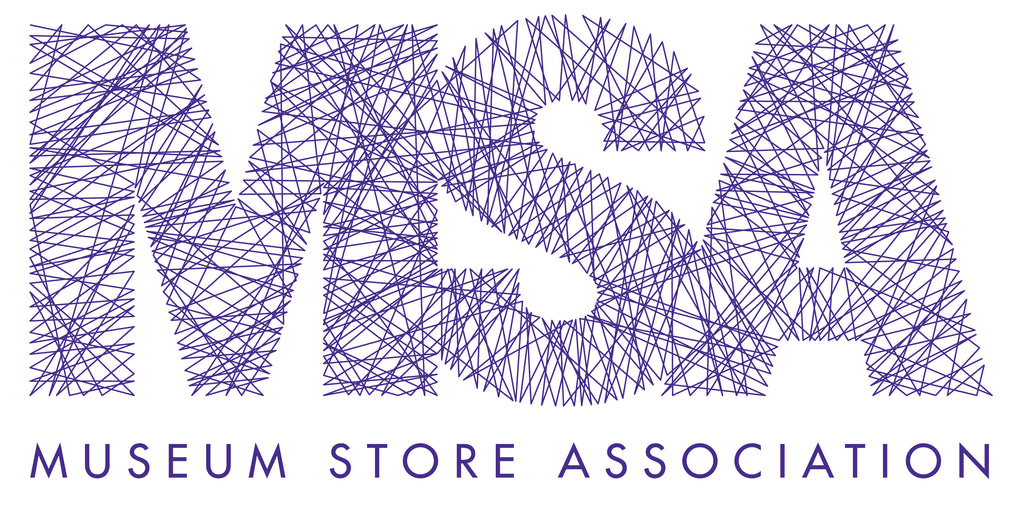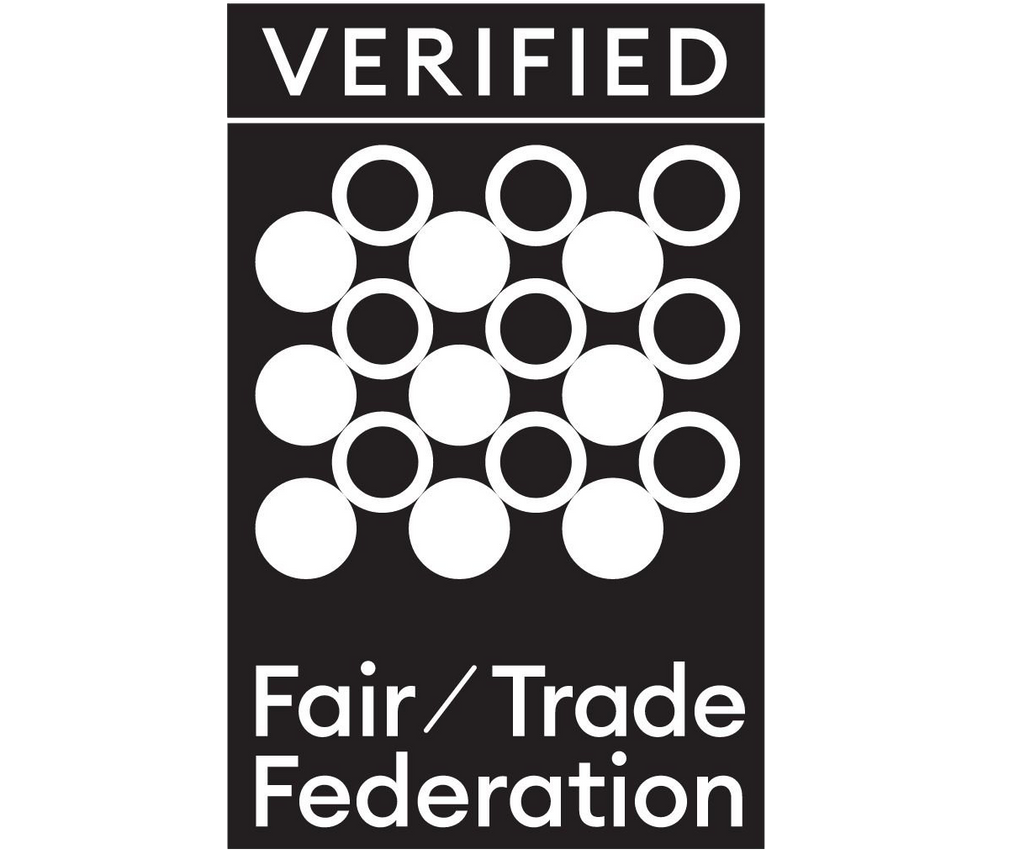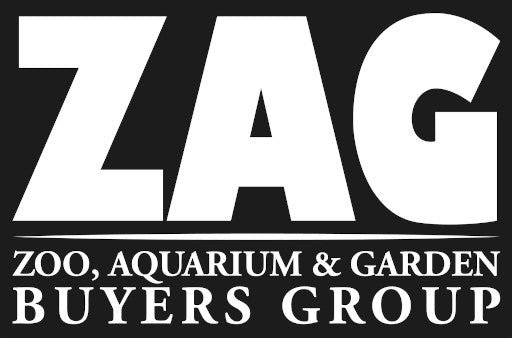The Weavers' Pride
The Weavers' Pride pot basket is a rare and unique design. Handmade by weavers in Ghana, West Africa, specifically in the Bolgatanga village, these baskets have a rich history dating back over 300 years. From ancient times to the present, weaving has been an integral part of the culture and livelihood of the people of Bolgatanga.

The all-round design of these baskets, with a single handle across the top, makes them ideal for carrying goods to the market or for use as stylish and sustainable home decor. But don't be misled - the process of creating a Bolga pot basket is anything but simple. It takes a mixture of natural grass, straw, leather, and, most importantly, Kinkahe grass (or Bolgatanga Elephant Grass) - as well as time and skill - to complete one basket.
In the early days, Bolga baskets were known for their sturdiness and durability, making them ideal for use as planters, storage containers, centerpieces, and fireplace décor. They were also given as wedding gifts or used to store wine, fruits, and other goods at farmers markets.

To begin, weavers must first gather Kinkahe grass and split the strands in half. They then carefully weave the strands together over several days, using intricate techniques to create the unique pot design. The weaving process requires a high level of skill and attention to detail to ensure that the basket is strong, durable, and pleasing to the eye.
Despite the challenges of creating these baskets, the weavers take great pride in their work. Each basket is a testament to their craftsmanship, skill, and dedication to preserving their cultural heritage. In addition, the creation of Bolga pot baskets provides much-needed income for the weavers and their families, as well as contributing to the local economy.

The popularity of Bolga baskets has grown in recent years, as people around the world have come to appreciate the unique beauty and cultural significance of these handmade creations. Artisans in Bolgatanga, like the weavers who make the Bolga baskets, are now able to showcase their skills and earn a sustainable income through fair trade practices. In this way, the tradition of Bolga basket weaving continues to thrive, and the weavers' pride in their work is passed down to future generations.
Today, Bolga baskets have evolved to become versatile and practical household items, and their aesthetic appeal makes them perfect for a variety of uses. They are commonly used to store towels, pool or bathroom accessories, toys, knitting projects, magazines, and other bathroom or household items. They make great decorative centerpieces for homes or events, and they are perfect for taking on picnics or to the beach as a tote.
Aside from their functionality, Bolga baskets also have cultural and social significance. The weavers in Bolgatanga, who are predominantly women, use their weaving income to support their families and educate their children, breaking the cycle of poverty and building a better future for their communities. As Fair Trade Federation members, Gitzell FairTrade supports these women weavers in Bolgatanga by providing them with a sustainable income and access to markets. By purchasing Bolga baskets, consumers can support these weavers and contribute to the local economy in a meaningful way.
Bolga baskets are beautifully crafted items that are not only practical but also have a positive impact on the lives of the weavers who create them. Whether used for decoration or storage, these baskets are a symbol of African craftsmanship and culture, and their popularity continues to grow around the world. So, grab your Bolga basket now and let's support these weavers with Gitzell FairTrade's products from Africa.








